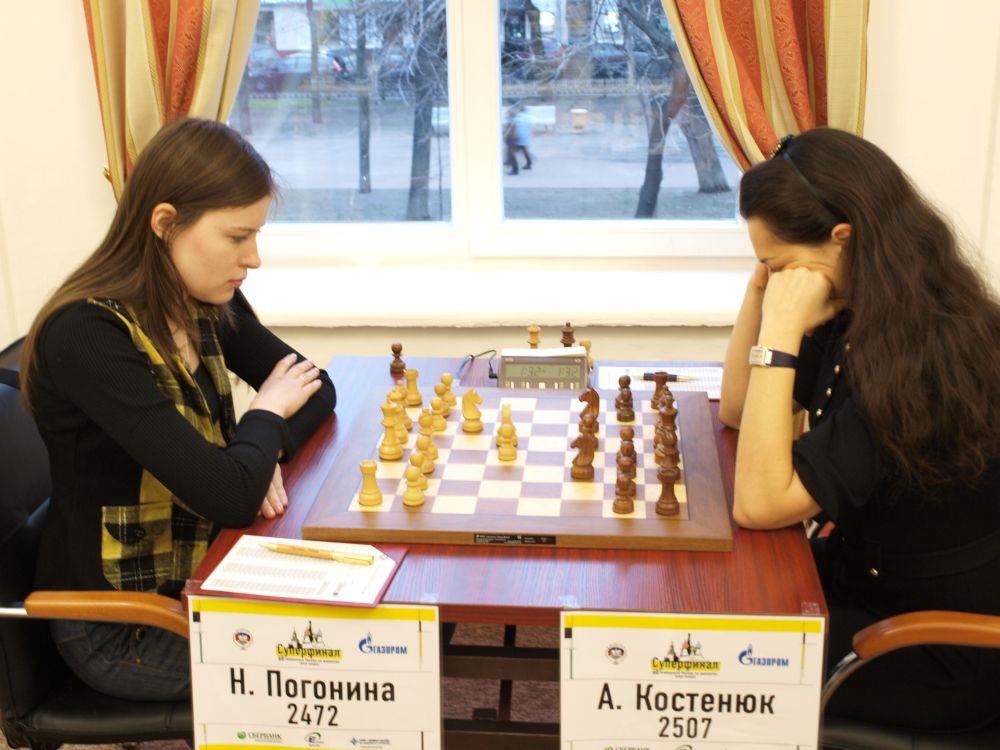Typical Chess Mistakes |
| Written by Administrator | ||||||||||||||||||||||||||||
| Wednesday, 26 January 2011 | ||||||||||||||||||||||||||||
 by Natalia Pogonina for her Chess.com Tuesday column There are many different types of chess mistakes, but some of them are especially widespread. They keep occurring in one game after another and are popular with lots of players. These mistakes may be dubbed typical and fixed via purposeful work. Here are a few worst enemies of chess players of all ages and levels: 1. Playing without a plan A plan is the core of the game. Choosing the right plan is extremely useful, while unsystematic play is usually punished by the opponent (unless a blunder or similar shortcoming takes place on her/his side). The main difficulty here is to evaluate the position correctly that is a must for finding the correct idea. 2. Underestimating opponentsthreats Dont forget that you are not the only one playing! The opponent has her/his own goals too, so you should adopt a prophylactic approach to the game and try to prevent many of the potential threats of the opponent. After she/he makes a move, ask yourself: what did she/he have in mind? Is there any way I can implement my plan and ruin hers/his? 3. Failing to convert a winning position due to loss of concentration No matter how large your advantage is, you should stay focused until the scoresheets are signed. Myriads of totally won positions have been lost due to a momentary loss of concentration. As we have discussed before, one should avoid premature celebrating and stay alert. 4. Giving up (or starting to play the game out without any interest) too early Chess has immense defensive resources (correspondence players know this!). The tougher your resistance is, the higher the chances of stealing away half a point or even the whole one. Even if you are in trouble, try to stay calm and watch out for chances to create counter-play or save the game somehow. Your rivals are also human; they tend to blunder from time to time. 5. Poor time management This problem is typical for amateurs and top-10 players alike. By leaving yourself a tiny fraction of the initial time, you have to play superficially, start getting nervous and eventually blunder. As I have mentioned in one of the articles, increasing ones knowledge of chess and working on ones psychology (intuition, trust in your moves) will help cure this disease. The mistakes I have described above are among the most hazardous. The next game (with me as White and Alexandra Kosteniuk, the Womens World Champion at that time, as Black) will feature the majority of the most typical mistakes. It was played in round 10 of the Russian Superfinal-2010. I had 5.5/9 and needed at least a draw to stay in the race for first place. Alexandra was at 4/9 and was desperately trying to change the course of the tournament.
Write Comment |
||||||||||||||||||||||||||||
| Last Updated ( Thursday, 27 January 2011 ) | ||||||||||||||||||||||||||||
| < Prev | Next > |
|---|







